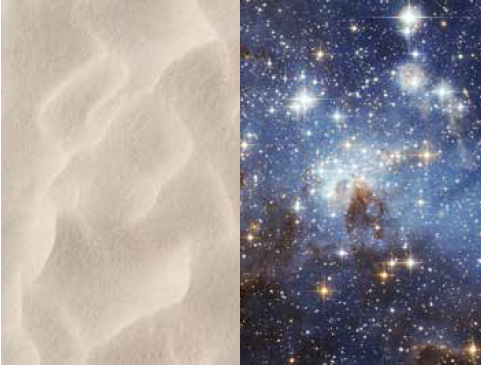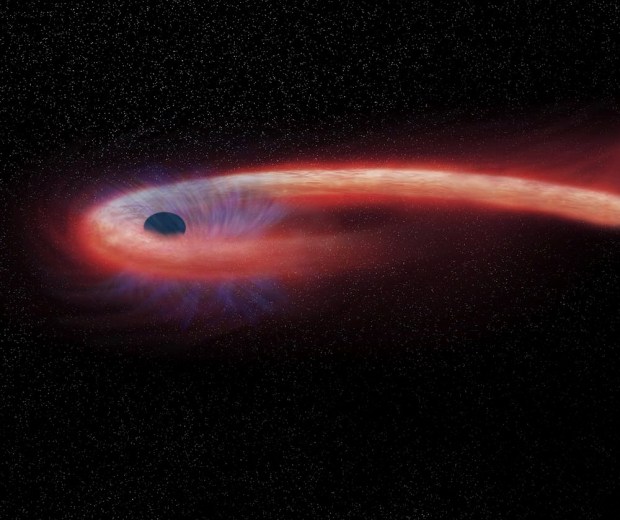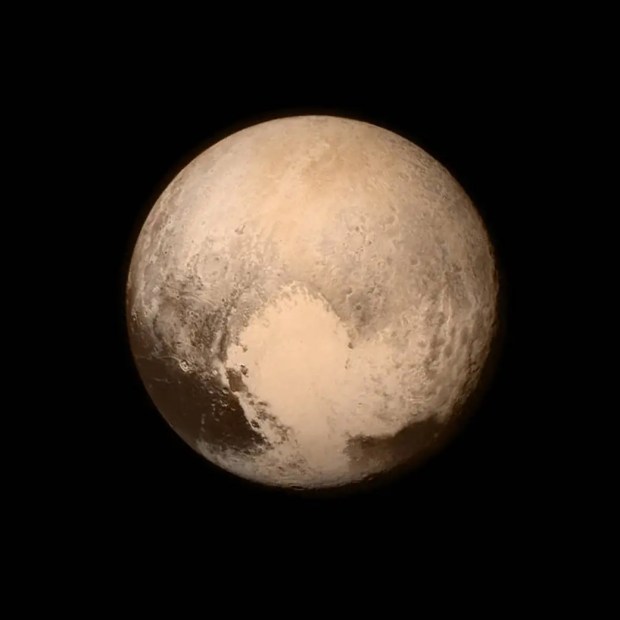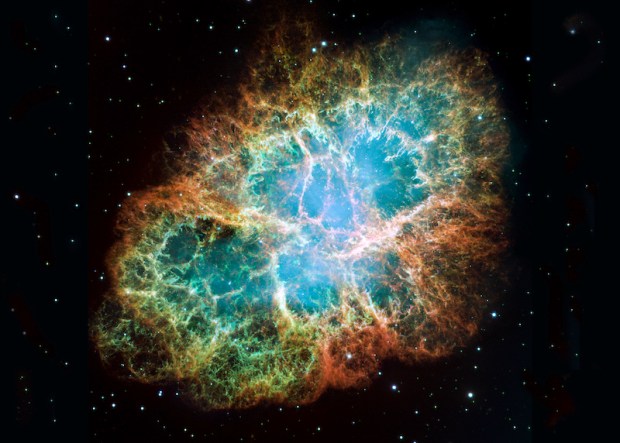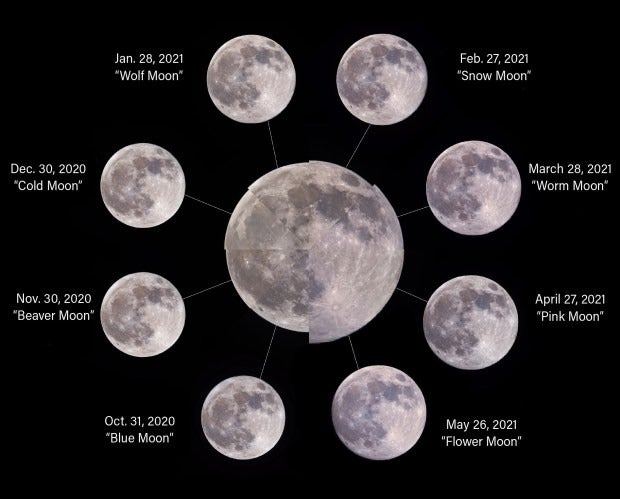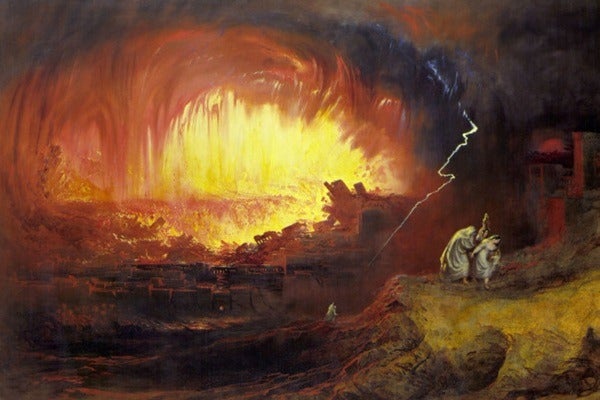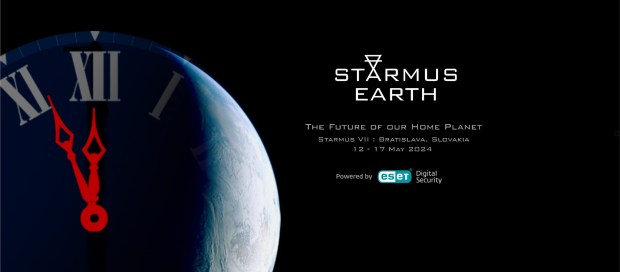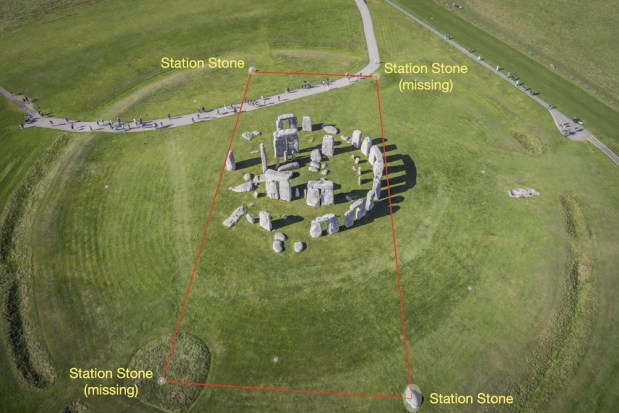Except it isn’t true.
I set out to tackle this more than 20 years ago, during my 16th year with Discover magazine. I initially tried to research the answer, with no luck. You’d think someone would have already attempted to confirm this well-worn cliché, but I had to do it myself.
First, I grabbed some beach sand and, using a reversed telescope eyepiece, which makes a fabulous magnifying glass, laboriously counted the number of grains in a cubic centimeter — a sugar cube’s volume of beach. This tells you how important my time was back then. It took over an hour. But, it turned out, that was the easy part.
Next, I multiplied this number by the total number of cubic centimeters of earthly beaches. There’s no way to do this with any precision. Merely learning how many square miles of beaches are on this planet is not simple to find. I had to extrapolate and make educated guesses.
The other part of the equation was easier. To find the number of stars, we simply multiply the total per galaxy (we’ll say 100 billion because most galaxies are smaller than ours) by the number of galaxies, which is somewhere between 200 billion and 2 trillion.
I got a surprise. The numbers pretty much matched. There are about the same number of stars in the observable universe as there are sand grains in all of Earth’s beaches.
Ah, but that’s not how the cliché is commonly phrased. Usually, people say “sand grains on Earth.” Which means you’d have to go beyond beaches to include all the vast deserts and undersea sand. Obviously if you include all that, there are incomparably more earthly sand grains than stars.
More sand than stars — that takes care of that chestnut. Maybe now we can tackle other famous astronomy quotes. Roget’s Thesaurus and a Google search uncovered a bunch of well-known celestial expressions and astro-nuggets, but some are too lovely to find fault with.
Let’s list merely a few of the most famous:
“Many a night from yonder ivied casement, ere I went to rest, / Did I look on great Orion sloping slowly to the West. / Many a night I saw the Pleiades, rising thro’ the mellow shade, / Glitter like a swarm of fire-flies tangled in a silver braid.” — Alfred, Lord Tennyson, Locksley Hall
“Of all tools, an observatory is the most sublime. . . . What is so good in a college as an observatory? The sublime attaches to the door and to the first stair you ascend, that this is the road to the stars.” — Ralph Waldo Emerson, as quoted in A Year with Emerson, a Daybook
“It has always irked me as improper that there are still so many people for whom the sky is no more than a mass of random points of light. I do not see why we should recognize a house, a tree, or a flower here below and not, for example, the red Arcturus up there in the heavens as it hangs from its constellation Boötes, like a basket hanging from a balloon.” — M.C. Escher
“You’re in charge but don’t touch the controls.” — astronaut Shannon Lucid, recounting what the two Russian cosmonauts told her every time they left the Mir space station for a spacewalk
“We had the sky, up there, all speckled with stars, and we used to lay on our backs and look up at them, and discuss whether they was made, or only just happened.” — Mark Twain, Huckleberry Finn
“But I am constant as the northern star.” — William Shakespeare, Julius Caesar
“Everyone is a moon, and has a dark side which he never shows to anybody.” — Mark Twain
Whoa, this last one brings us back to myth-busting. Twain, who loved astronomy and probably knew better, was disseminating the common myth that the Moon has a permanent dark side. He meant far side; although, granted, that would have made his metaphor meaningless.
We may have to cut these literary folks some celestial slack.


